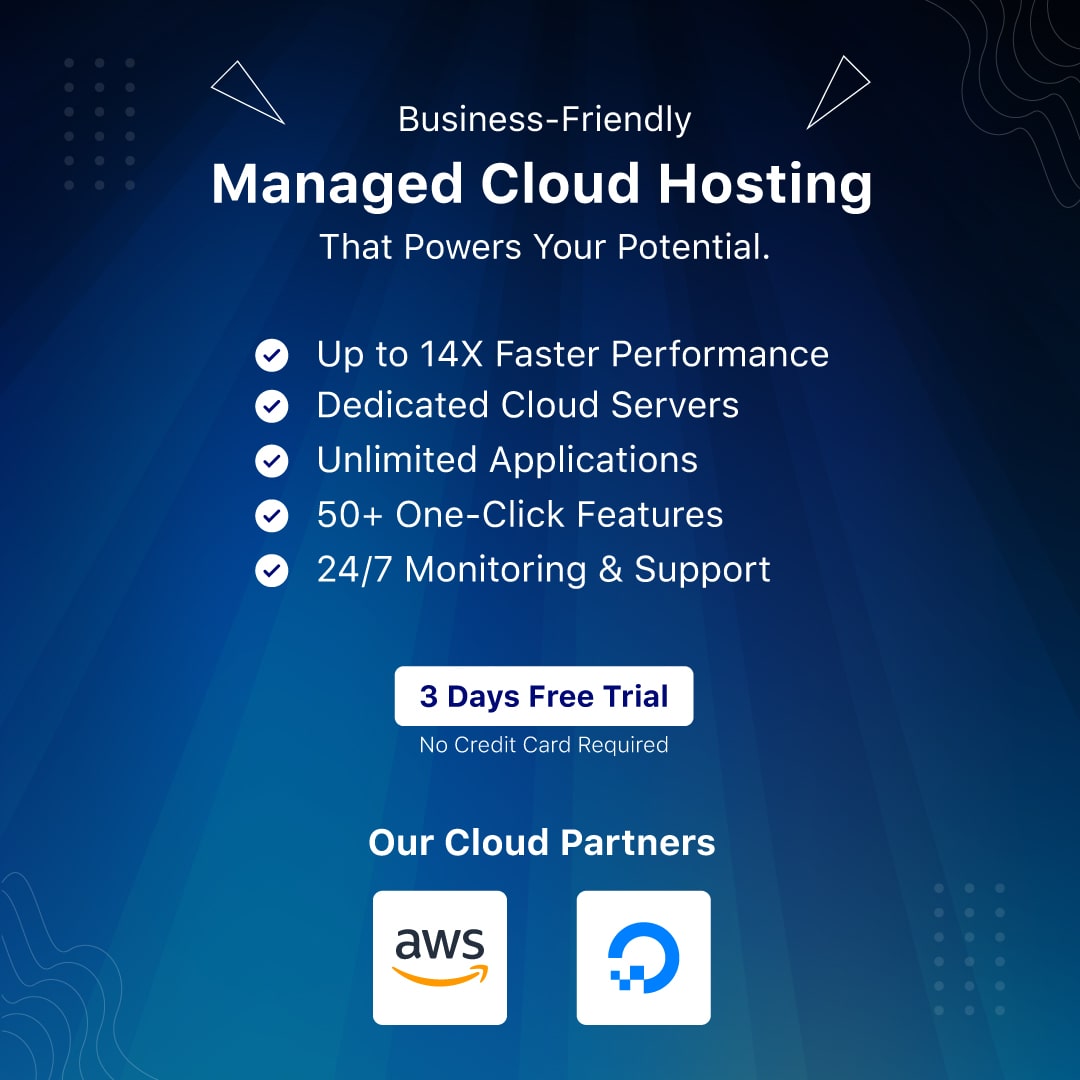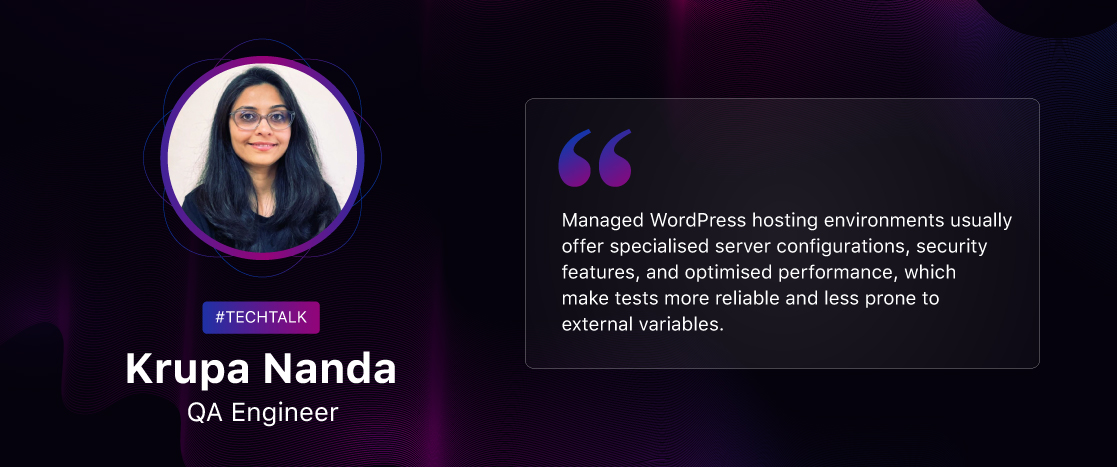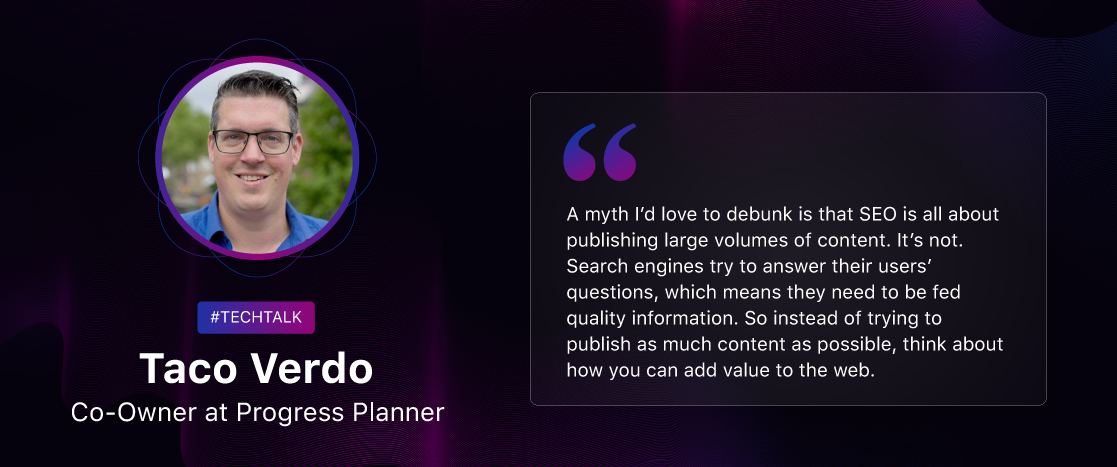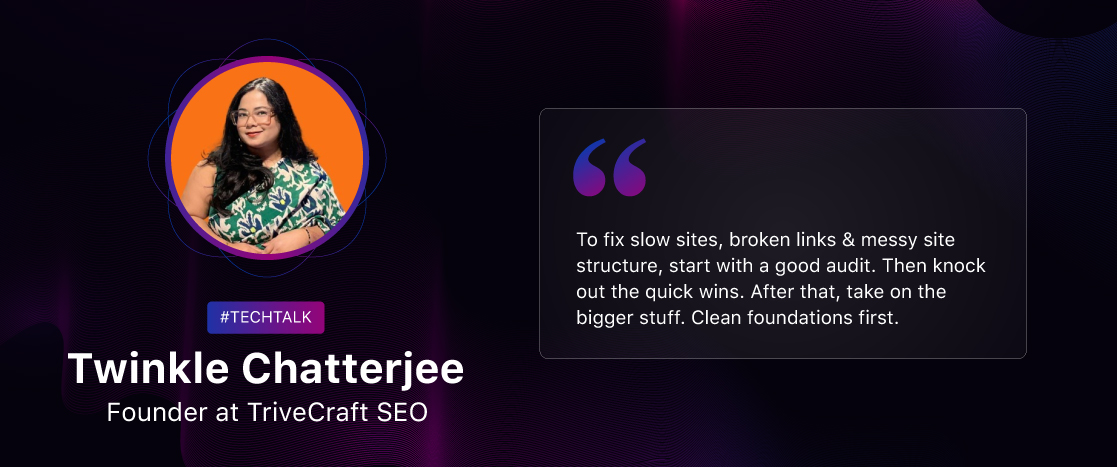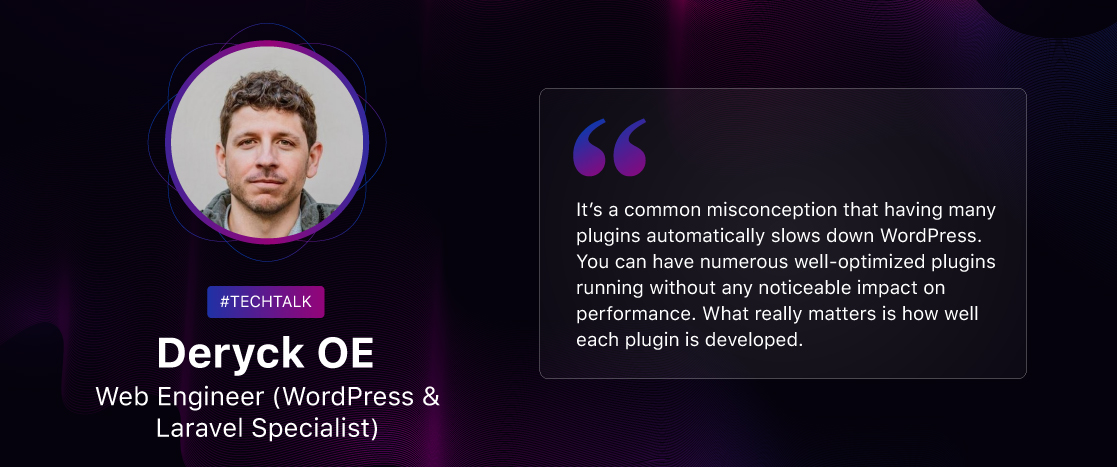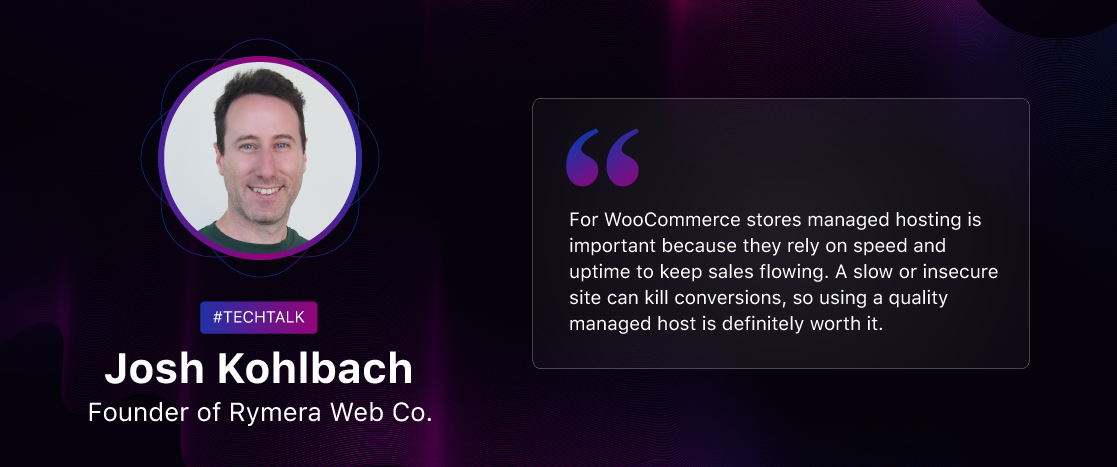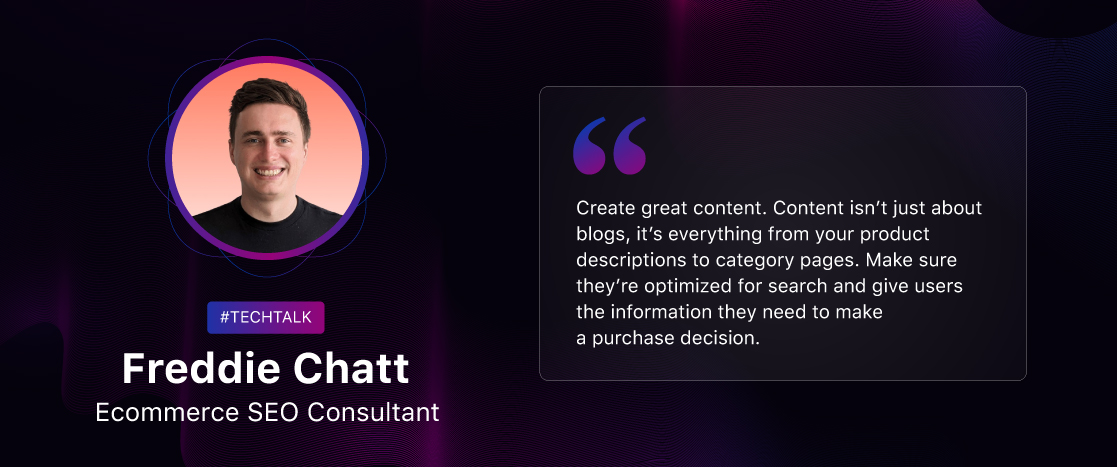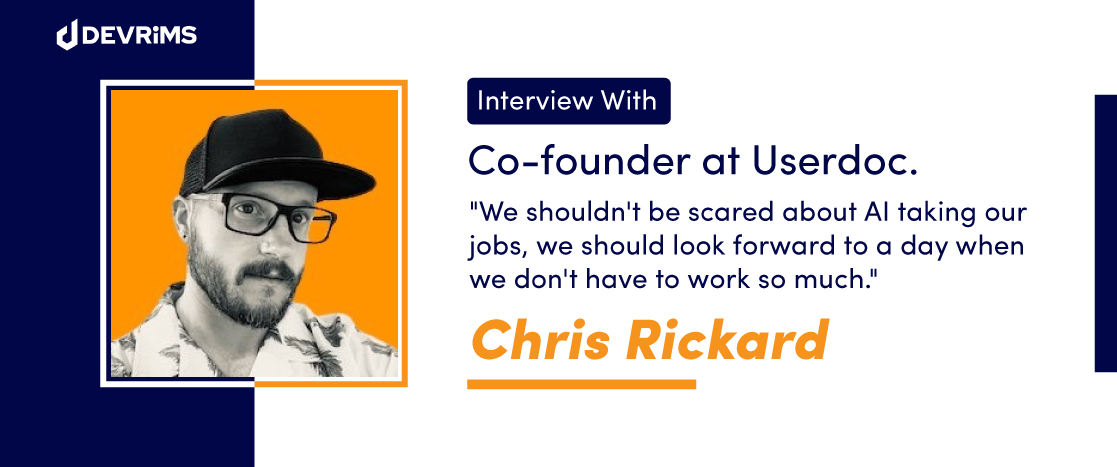
Devrims #TechTalk 031: Chris Rickard Talks About AI and UserDoc
In this engaging interview, we have the pleasure of sitting down with Chris Rickard, the co-founder of Userdoc—a pioneering AI-powered software requirements management tool.
Chris’s professional journey spans two decades, taking him from a junior developer to a CTO and ultimately to the helm of his own development agency.
In 2021, after the acquisition of his agency, Chris embarked on a new mission to revolutionize software requirements gathering and management.
He created Userdoc, an innovative platform that combines AI with requirements management to empower businesses in creating precise and detailed software requirements.
Chris is one of the many industry influencers who view AI as a force of good. He considers AI as a tool that can help professionals in getting what they want, just like Santa’s “magical helpers.” This enthusiasm is surely contagious.
In this interview, Chris shares valuable insights into the critical role of good requirements in software development and how Userdoc’s AI-infused platform is transforming the process. He discusses the challenges faced in developing an AI-powered SaaS solution and the importance of clear acceptance criteria for user stories. With a background in leading distributed software teams, Chris also provides best practices for managing such teams.
This conversation also delves into Chris’s personal interests, including his love for slow travel, local cuisine, and meaningful conversations with passionate individuals.
This interview is an insightful discussion on AI, software development, and entrepreneurship. We hope you will enjoy it.
Devrims: Hi Chris, it’s great to have you with us. To start, could you provide some background on your professional journey and what you are currently focused on in your role at Userdoc?
Chris: Hi, and thanks for having me. I’ve been a software developer for 20 years, all the way from junior developer to CTO, and then I started and ran my own development agency for 8 years.
My agency was acquired in 2021, and after that, I set out to create a tool to help businesses create and manage software requirements leveraging AI, and that became Userdoc.
I’m the CEO, but also write a lot of the code on Userdoc. Our team consists of another great developer—and my awesome wife Claire. We are a small business, but we punch way above our weight ?
Devrims: Could you tell us about the key problem Userdoc is solving for requirements gathering and management? How is your AI platform transforming this process?
Chris: After many years of building large-scale software projects, I realized that good requirements are just as important as good code, and many software issues actually start out are requirements issues.
71% of projects that fail are due to issues related to poor requirements. So, no matter how good of an engineer I was, collecting good requirements was always a need. You’re not going to be able to build good software unless you have a good set of requirements.
Userdoc is a requirements management tool infused with AI to help you build better software requirements, and create a living source of truth for your critical systems.
We help you build detailed user stories and acceptance criteria to explain exactly what needs to happen in your system. We create realistic user personas to remind the whole team who we are building it for and develop narrative user journeys to demonstrate what features are used by what personas, and at what point in time.
I’ve found three components—user stories, user personas, and user journeys—are amazing fundamentals for describing to the whole business what we are building and a terrific way of clearly conveying software requirements.
Userdoc transforms the current process by allowing our customers to have an “AI co-pilot” for creating requirements. We are used daily by product teams, business analysts, developers, testing—or anyone—involved in the software development lifecycle.
We augment your team with an intelligent helper who remembers what you forget, can craft amazingly detailed requirements, move faster—and in turn, saves time and money.
Devrims: Building an AI-powered SaaS platform must have posed some significant challenges. Could you share some of the biggest hurdles you’ve faced in developing this type of solution? How did you strategize and overcome them?
Chris: Userdoc was in development for quite a long time, and has been released for close to 12 months. However, the concept has been in my head for over 5 years!
AI wasn’t initially ready to be able to do all the tasks at the level required, but when GPT-3.5 and GPT-4 came out, it significantly improved what we could offer our customers.
But leveraging modern AI models is just one component, there’s a lot of research and development involved in a system such as Userdoc, and I would say our biggest hurdle was creating realistic acceptance criteria for user stories.
We worked hard on this and went through many iterations. We combined our many years of experience with current software development best practices. Today, we save our customers up to 70% of the time it takes them to create accurate software requirements.
I wish I could say I planned everything and strategized long into the future, but realistically, things have moved so fast in the last 12 months. We are just reacting to the new abilities of what we can do based on our customer feedback. We are focusing on the ultimate goal of helping businesses build better software requirements.
Devrims: You have experience directing software teams across several countries. What are some best practices you’ve learned for managing distributed teams?
Chris: I believe software teams need a strong, clear shared vision. Plus it’s important for developers to really understand the end users, their goals, and their frustrations. It’s easy for “builders” to simply understand the task they need to build, and only love the craft.
For example: a popular task is to “Create an Order Form”, but it’s integral that the entire team always knows who we are doing this for and what problem it solves.
This is why I believe user stories, user personas, and user journeys help everyone get a holistic understanding of the goal, including developers.
Feeling empathy and affiliation with the end users allows a team to think for themselves, and ultimately build better software.
Devrims: As both a technologist and entrepreneur, what excites you most about the continued evolution of AI and its business applications?
Chris: I’m super excited and optimistic about everything with AI. I feel like a teenager again, ridiculously excited to run home and boot up my computer to start coding.
Programmers could always weave magic from our fingertips, but with AI it’s different! It’s exponential.
I don’t agree with the “AI doomers” who are all about the negatives that sci-fi movies have depicted AI as bringing to the work. I understand it, but I don’t agree it’s our future.
I believe we need to learn from history.
And history has shown that technology has always moved us forward.
We shouldn’t be scared about AI taking our jobs. We should look forward to a day when we don’t have to work so much.
And just as a car can take you further and faster than a horse, AI can help remove the burden of monotonous tasks, and allow us to focus on what we do best, what humans do best.
And!
How best we can contribute to society as a whole?
I’m specifically excited about how AI will democratize opportunities.
Today a YouTuber who produces great content can create an audience and make a lot of money (e.g. Mr. Beast).
But, it’s very hard for individuals to compete with other types of businesses, such as large-scale software companies for instance.
Having AI as your co-pilot (or many AIs as your entire team), I think we will see a huge boom of single-person businesses producing astounding results.
AI agents are the start of this, and they are something I am keeping a close eye on!
Devrims: Let’s do a quick rapid-fire question:
| Devrims | Chris |
| Mountain or Beaches | Beaches! |
| Mac or Windows | Mac. Once you go, Mac, you never go back.
Ok, that was lame. To be honest, I really love Linux, but I have been suckered into the Apple ecosystem and I think they have got their claws into me very deep! |
| Tea or Coffee | Herbal tea yes, but otherwise, neither – as I’m caffeine free.
I used to be a big coffee drinker, but a couple of years ago I realized it was zapping my energy and causing anxiety – so I cut it out, and have felt better ever since. In the mornings I drink chicory with almond milk… I sound like a weird hippy, but it’s actually delicious! |
Devrims: We’d love to have a look at your workstation.
Chris: Sure, I spend about half the year as a digital nomad. This is my last month in Bali, Indonesia.
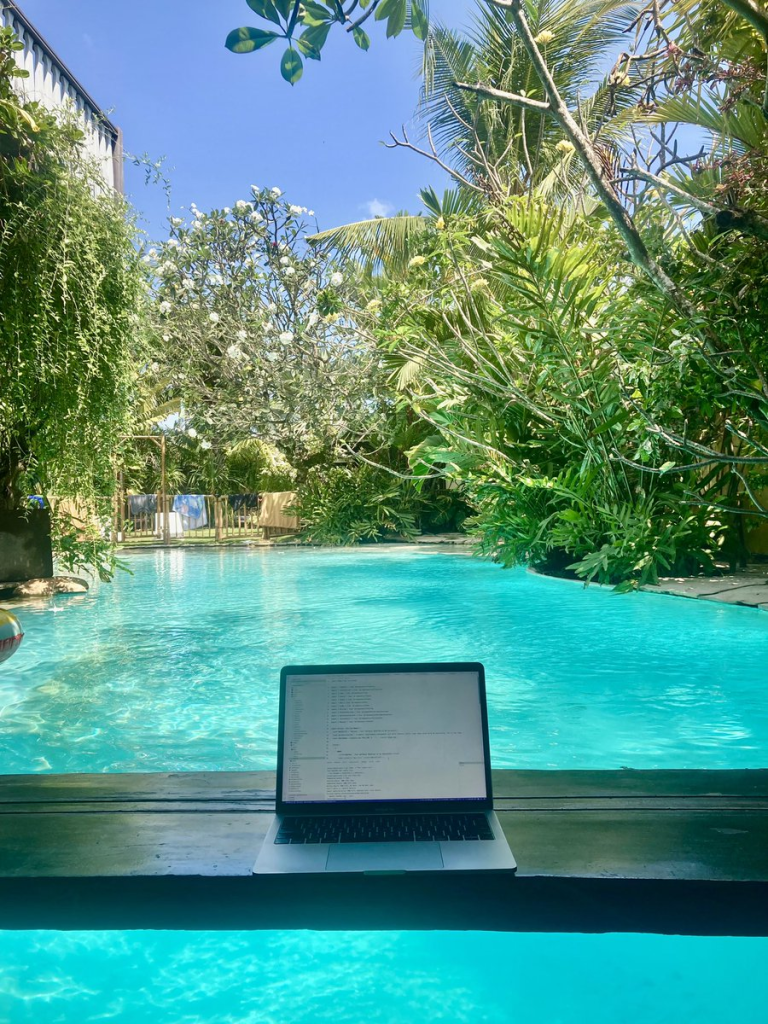
Devrims: What emerging technologies or trends are you keeping a close eye on? How do you see them impacting software development in the next 3-5 years?
Chris: AI, and AI agents specifically. You can think of AI agents as magic helpers that do what you need—and I think this will be really interesting.
Imagine being an entrepreneur who can code with a team of AI agents; a coding partner, a business strategist, a sales and marketing guru, and a content creation expert.
The opportunities are endless, and whilst ChatGPT is a good example of a helper. It’s a generic example. We are yet to see what AI can do when we have specifically trained agents for specific tasks.
Read: Top WordPress ChatGPT Plugins
And I can’t tell you how this will impact software in the next year, let alone 3 to 5 years.
Remember I’m positive about AI, so my theory is software development will be changed for the better in the next 5 years, and we get a lot more done, in a lot less time, and bring a lot more value to the world ?
Devrims: What advice would you give to other software developers or engineers looking to make the leap into entrepreneurship and start their own company?
Chris: Don’t put it all on the line.
It’s not a cool thing to say but de-risk your endevours.
Although it can seem fun jumping into the deep end of a pool, if you want to start your own thing I recommend keeping your day job, starting a side-project that can make money, and maybe then cutting your full-time work down to focus on it a couple of days a week, etc.
I like building sustainable long-term businesses, and they take time, customer feedback, and iterations.
Rome wasn’t built overnight, and neither was any entrepreneur I know!
Devrims: Where do you see the biggest opportunities right now for using technology to drive business value and impact?
Chris: No surprise, it’s AI! ?
The opportunities in optimizing boring businesses are huge.
Devrims: Outside of work, what hobbies or activities do you enjoy? How do you like to unwind and recharge?
Chris: Slow travel, spending a month or more in a city and really getting to know it. Drinking beer, and eating local food. Also, talking to people who are passionate about what they do.
Devrims: Who would you recommend we interview next who can provide valuable insights on software, AI, or entrepreneurship?
Chris: I would recommend Nat Miletic, he runs a software development agency and is really active in helping developers learn the skills needed to be their own boss.
Nat and I are actually working on a book together about sales for freelancers and dev agencies. Apart from being a great guy, he’s a wealth of knowledge.
If anyone is interested in learning how their business can build better software requirements, user stories, user personas, and user journeys using AI, I recommend you to check out Userdoc.
Also read: How Bertha AI is helping WordPress content development
